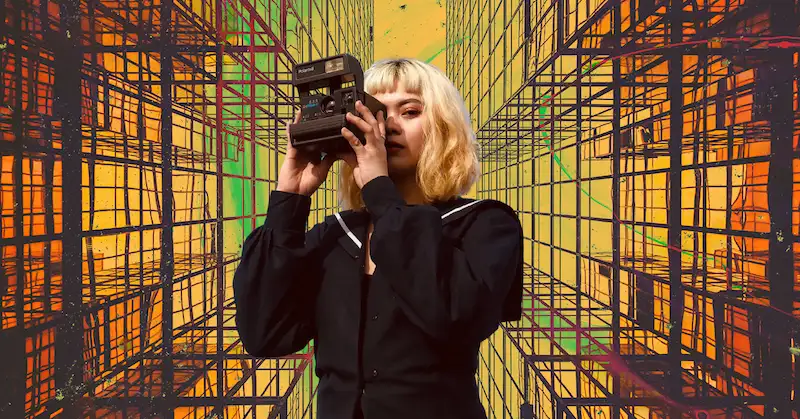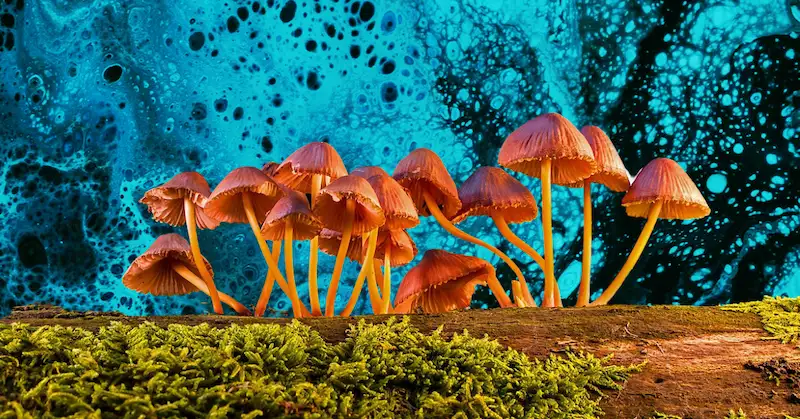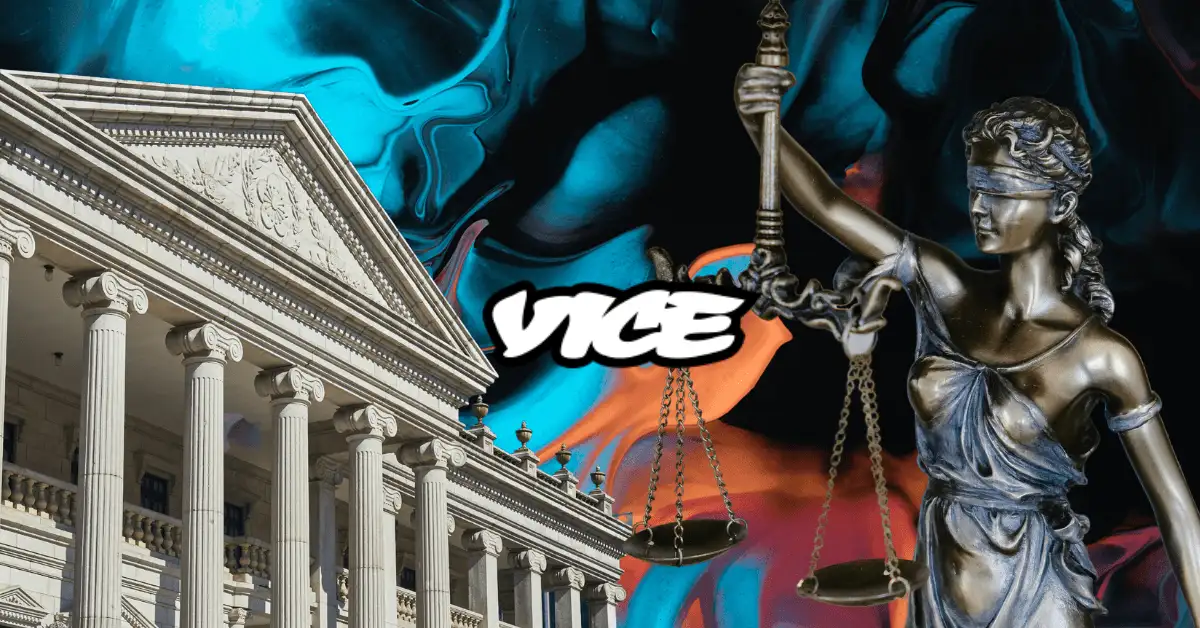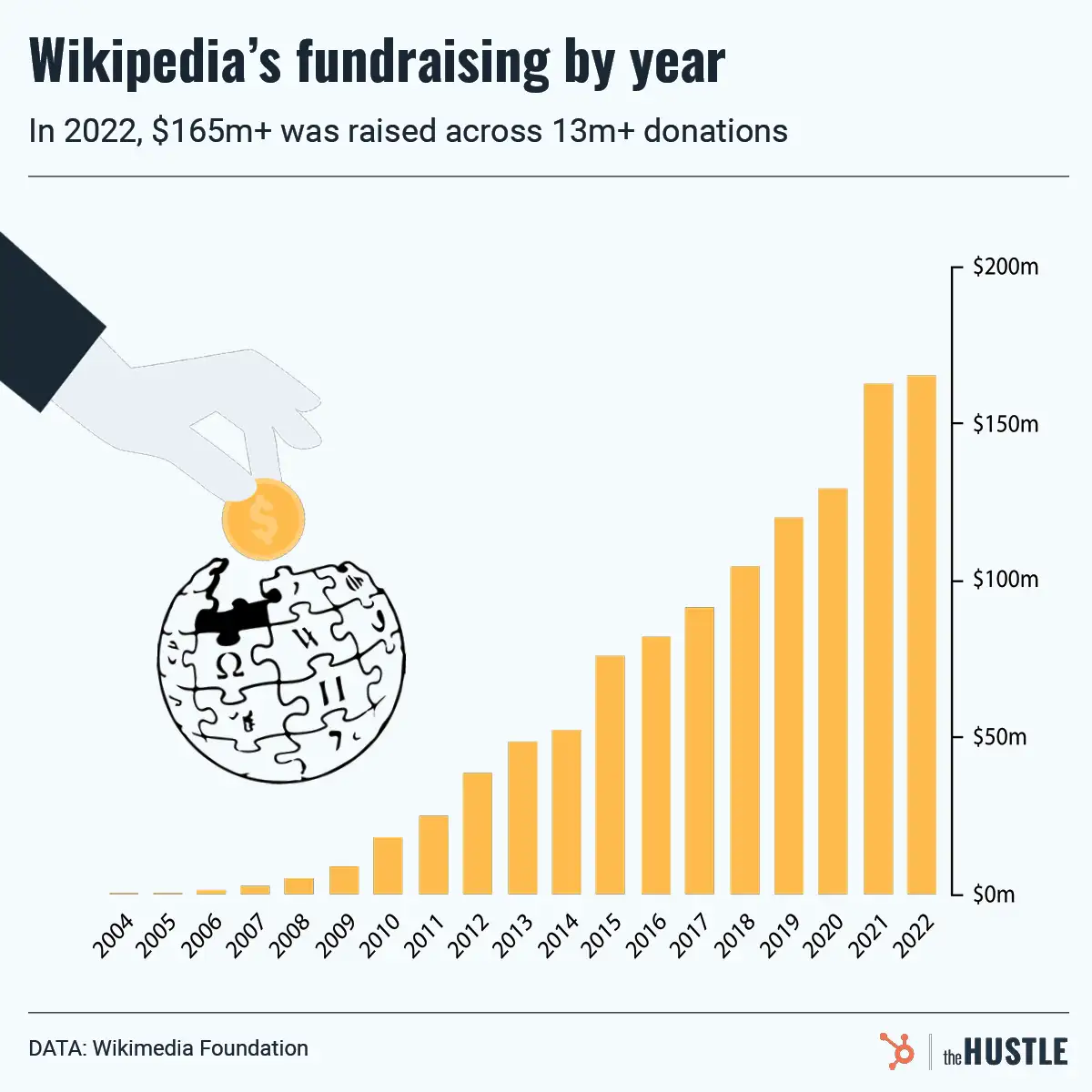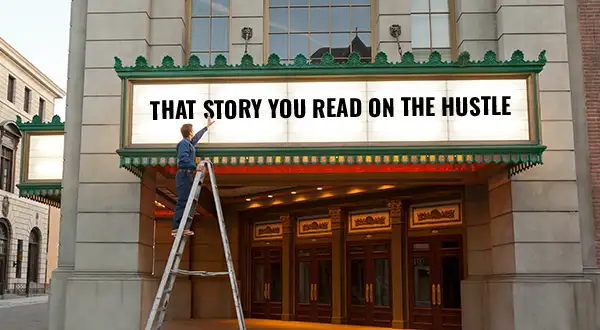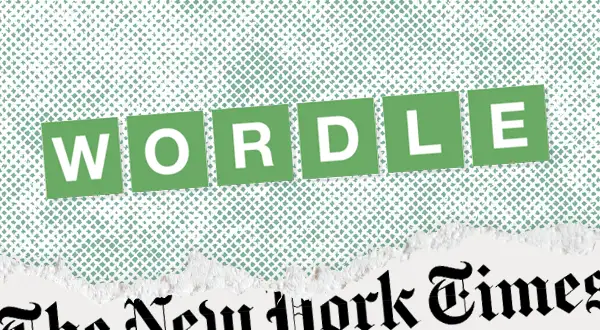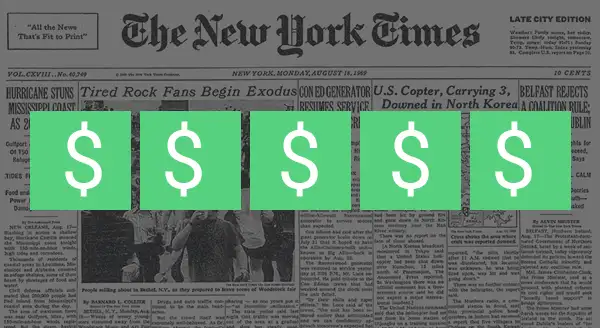Yes Theory — founded in 2015 by Thomas Brag, Matt Dajer, and Ammar Kandil — is the content company behind one of YouTube’s most popular channels. With 5.8m subs and 1.8B views, Yes Theory has inspired millions (including Will Smith) to “seek discomfort in their lives.”
In collaboration with Headspace, the team launched the Yes Theory podcast to further spread their inspirational message.
We recently caught up with the guys to ask some questions.

***
Who’s the most interesting person you know?
Thomas: We’ve been fortunate enough to meet a lot of really unique and intriguing characters throughout the years. I’d have to say that Wim Hof [a Dutch extreme athlete who holds the Guiness World Record for swimming under ice] is possibly the most interesting person I know.
He’s both crazy and a genius. For those who don’t know, Wim pioneered the Wim Hof Method, which is a combination of breath work, cold exposure and meditation as a health practice and a way to practice mental strength.
He fully demonstrated to me my own capacity to push myself way past what I thought my limits were. So now anytime I feel physically or emotionally challenged, I remember the courage he instilled in me to overcome whatever challenge I’m currently facing.
On top of being a very strange character, he has truly lived a roller coaster life and there’s a lot to learn from his stories.
Matt: For me, its Rich Roll!
What’s the best piece of advice someone ever gave you?
Thomas: “The true path to creativity is to put yourself in situations that are unusual to you, that breaks your routine and takes your mind and body outside of its comfort zone.”
[That’s from Peter Younkin], my college professor in entrepreneurship back at McGill University. His emphasis on the value of getting out of our comfort zones was the seed for what would eventually lead to Yes Theory.
If you want to be an entrepreneur or if you want to be creative, you have to take yourself out of your element. Expose yourself to art you’ve never seen before, to ideas you’ve never been exposed to, so that you can come back into your daily life with a new perspective.
Eventually, those ideas might combine with old ones and produce a truly creative outcome. If you limit what you know, most of your ideas will be derivative of what other people have made. Whereas the magic usually happens when ideas or concepts from completely different places combine to produce something novel.
(Editor’s note: As a fellow McGill alum, all I gotta say is: Let’s go fam!!).
Do you have a request for a startup?
Thomas: I think an intentionally non-politically biased, independently owned news organization, solely focused on facts that would be trusted by all major sides to report on the big events in the world without sensationalism would be great.
There’s an obvious growing distrust in the news and I think the world needs a place that simply reports the facts that everyone can trust and rely on to communicate to the people.
Not sure if its idealistic to think that people wouldn’t start searching for bias in the articles, but even being transparent on who wrote the articles and what their beliefs are could be a way to nurture trust with the audience.
What’s the best book you’ve read in the past year?
The Untethered Soul by Michael Singer
What’s the best purchase under $100 you made in the past year?
Spikeball (Editor’s note: We support this).
Media & Publishing

